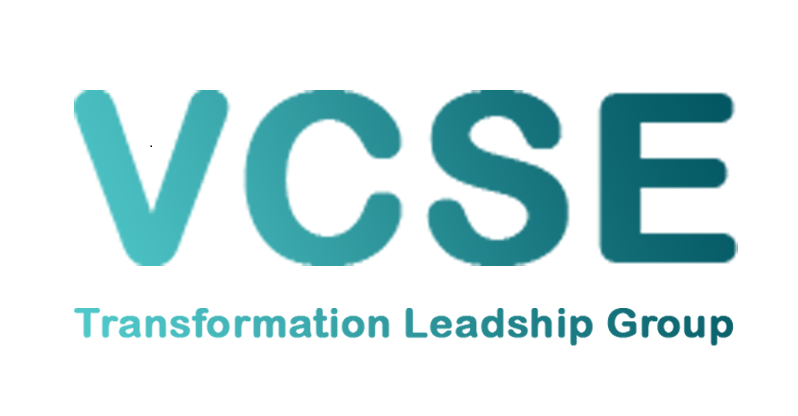VCSE TLG Conflict of Interest

CONFLICTS OF INTEREST POLICY AND PROCEDURE –
1.0Preliminary Note:
Guidance on the law and practice relating to conflicts of interest for charity trustees can be found in the Charity Commission’s guidance document here:
2.0 The principles
2.1 Members have both a legal and a moral obligation to act in the best interests of the wider VCSE in Hackney . and in accordance with the relevant Code of Conduct.
2.2 Members need therefore to be sensitive to the possibility that their activities outside the VCSE Transformation Leadership Group (including holding office or being otherwise employed by or involved in organisations, companies or political parties) could be perceived as having a bearing on – or coming into conflict with – the objects and integrity of the Hackney VCSE transformation Leadership Group.
2.3 Conflicts of interest may arise where an individual trustee’s personal or family interests and/or loyalties conflict with those of the VCSE Transformation Leadership Group . Such conflicts may create problems. They can:
inhibit free discussions;
result in decisions or actions that are not in the interests of the wider VCSE in Hackney
risk the impression that the VCSE Transformation Leadership Group or the member has acted improperly.
The aim of this policy is to protect both the VCSE Transformation Leadership Group and the individuals involved from any appearance of impropriety.
2.4 Members have a duty in law to avoid conflicts of interest and must not take part in any discussion or decision in which there is such a conflict.
2.5 A conflict of interest arises:
2.5.1 where a member or person connected with them (see 2.9 below) has a material interest in or stands to gain financially from any decision of the VCSE Transformation Leadership Group or,
2.5.2 where the member has an interest or position outside the VCSE Transformation Leadership Group which is or may be in actual or potential conflict with their position as a member of the VCSE Transformation Leadership Group even though there is no possibility of financial gain.
2.6 An example of a potential conflict of interest is where a member who is representing the wider VCSE in Hackney on an ICS workstream or board uses this position to win funding or a contract for services from any part of the ICS.. In such circumstances, a conflict of interest should be declared and the member should follow procedures described in clause 3.
2.7 At the start of each VCSE Transformation Leadership Group meeting, and ICS workstream / subgroup/ board meeting members should declare whether any agenda items may raise a potential conflict of interest. This will be recorded and minuted. From that point onwards, if a matter arises where a member has declared an interest, then the procedure under 3 below must be followed.
2.8 Where it is decided at a meeting to enable a member to obtain a personal or employer benefit from the VCSE Transformation Leadership Group (and thereby put that member in a position of a potential conflict of interest), then the procedure under 3.1 below must be followed.
2.9 * a person connected with a member is:
2.9.1 a child, parent, grandchild, grandparent, brother, sister or spouse of the Trustee or any person living with the member as his or her partner
2.9.2 a director, business partner, co-owner of a business of which the memer is an owner or director
2.9.3 Employee of a charity that would/ could benefit from the disccussions by way of intelligence or through contracts
2.9.4 Trustee of a charity that could bbenefit from the disccussions by way of intelligence or through contracts
3.0 Procedure in dealing with member benefits and conflicts of interest
3.1 Whenever a member has a personal interest in a matter to be discussed at a meeting of the VCSE Transformation Leadership Group or a ICS meeting , the member concerned must:
3.2.1 declare an interest at or before discussion begins on the matter
3.2.2 withdraw from the meeting for that item unless expressly invited to remain in order to provide information
3.2.3 not be counted in the quorum for that part of the meeting
3.2.4 withdraw during the vote and have no vote on the matter.
3.3 If a member has any interest in the matter under discussion which creates a real danger of bias: that is, the interest affects the member as defined in 2.9, more than the generality affected by the decision, the member should declare the nature of the interest and withdraw from the room, unless given a dispensation to speak.
3.4 If a member has any other interest which does not create a real danger of bias, but which might reasonably cause others to think it could influence their decision, the trustee should declare the nature of the interest, but may remain in the room, participate in the discussion, and may vote.
3.5 If in any doubt about the application of these rules s/he should consult with the chair.
3.6 All decisions under a conflict of interest will be recorded in the minutes of the meeting. The report will record:
The nature and extent of the conflict;
An outline of the discussion;
The actions taken to manage the conflict.
3.7 Whenever possible, there should be competitive tendering for contracts or work for which a member might be suited (and taking up references from other clients or customers). Where this is not possible, any contract or business won should emanate from a rigorous, diligent and transparent process by the ICS.
3.8 The register of interests of the members of the VCSE Transformation Leadership Group is located in …to be added


